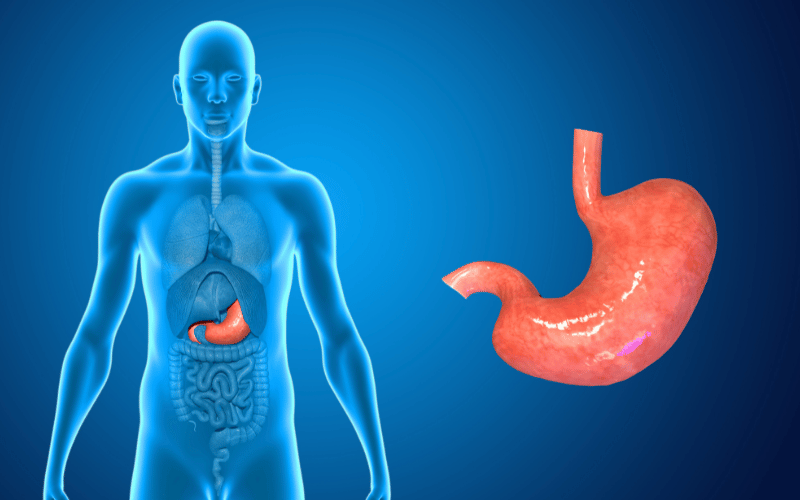Introduction: Understanding the Intricacies of Dumping Syndrome

Dumping syndrome, more technically known as gastric dumping syndrome, is a medical condition that might sound unfamiliar to many, but its implications can significantly impact a person’s life. Especially for those who’ve undergone gastric surgeries, it’s a condition that can manifest with a myriad of symptoms.
In its essence, dumping syndrome is about speed: the rapid movement of food from the stomach to the small intestine without the usual intermediate digestive steps. This might sound innocuous at first, but when your stomach literally “dumps” its content into your intestines prematurely, a cascade of physical responses ensues.
These responses can range from mild and slightly uncomfortable to severe and debilitating. The aftermath of a gastric bypass or a similar surgery is usually the onset. However, this isn’t merely a post-operative concern; it’s a lifelong journey of managing, understanding, and adapting to the changes in one’s digestive system.
To truly comprehend the depth of this condition, one needs to look beyond the medical jargon and the clinical descriptions. It’s about the everyday battles of those living with dumping syndrome, the careful food choices they have to make, the sudden onset of symptoms, and the adaptation techniques they employ to lead a ‘normal’ life. By the end of this detailed piece, you’ll gain an in-depth understanding of what dumping syndrome is, its causes, its implications, and how one can navigate through it.
Fact 1: What Exactly is Dumping Syndrome?

At its heart, dumping syndrome is a peculiar yet challenging digestive disorder. It primarily emerges when stomach contents move at an unusually fast pace into the small intestine. Such rapid movement can disrupt the standard digestive process, leading to a range of symptoms.
Typically, the stomach acts as a reservoir, releasing its contents slowly to ensure proper digestion. But in dumping syndrome, this process becomes akin to a flash flood, with the stomach’s content overwhelming the intestines. Notably, this is more common among people who’ve undergone surgeries that alter the stomach’s size or function.
Such a change can disrupt the standard harmony of the digestive process. As a result, those affected often have to be meticulous about their dietary choices, taking extra care to avoid foods that exacerbate their symptoms. Additionally, understanding the condition’s root cause can be pivotal in its effective management.(1)